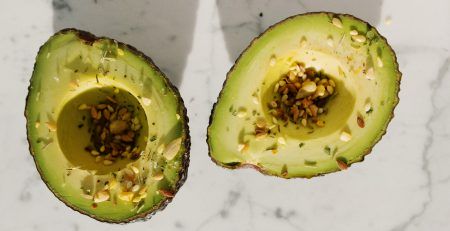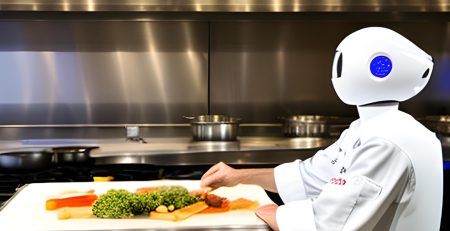It’s no wonder that filmmakers try to recreate and showcase fascinating stories from the lives of restaurants and chefs. However, they also shed a different light on the world of high-class gastronomy and criticize certain behaviors. To some extent, people have established the stereotype of a psychopathic chef who obsessively cooks and bullies his employees in the name of perfection.
A Chef’s Journey of Redemption and the Pursuit of Perfection
Let’s begin with “Burnt” from 2015. The film centers around Adam Jones, a chef who returns to London after experiencing previous life disasters. His goal is to earn the coveted third Michelin star, rebuild his brand, and gain admiration. He ruined his career with drugs and pretentious behavior, and now we witness his… transformation? However, even though he overcomes his addiction, he remains indebted, perhaps gaining a little humility along the way. We enter a world where forgiveness is difficult and nobody lets go. The pursuit of perfection prioritizes itself over respect for colleagues, and work often comes with adrenaline. Michelin experts reserve excellence. In a typical storyline, Adam’s fire encounters the opposition of Helene, a hardworking and talented single mother whose passion lies in her work. She disagrees with the chef’s work ethic (or lack thereof). (SPOILER) It’s unfortunate that their interaction culminates in sex and a “probable” relationship. Overall, the ending portrays a complete transformation of the chef (as expected) and his commitment to cooking for everyone with the same focus and passion.
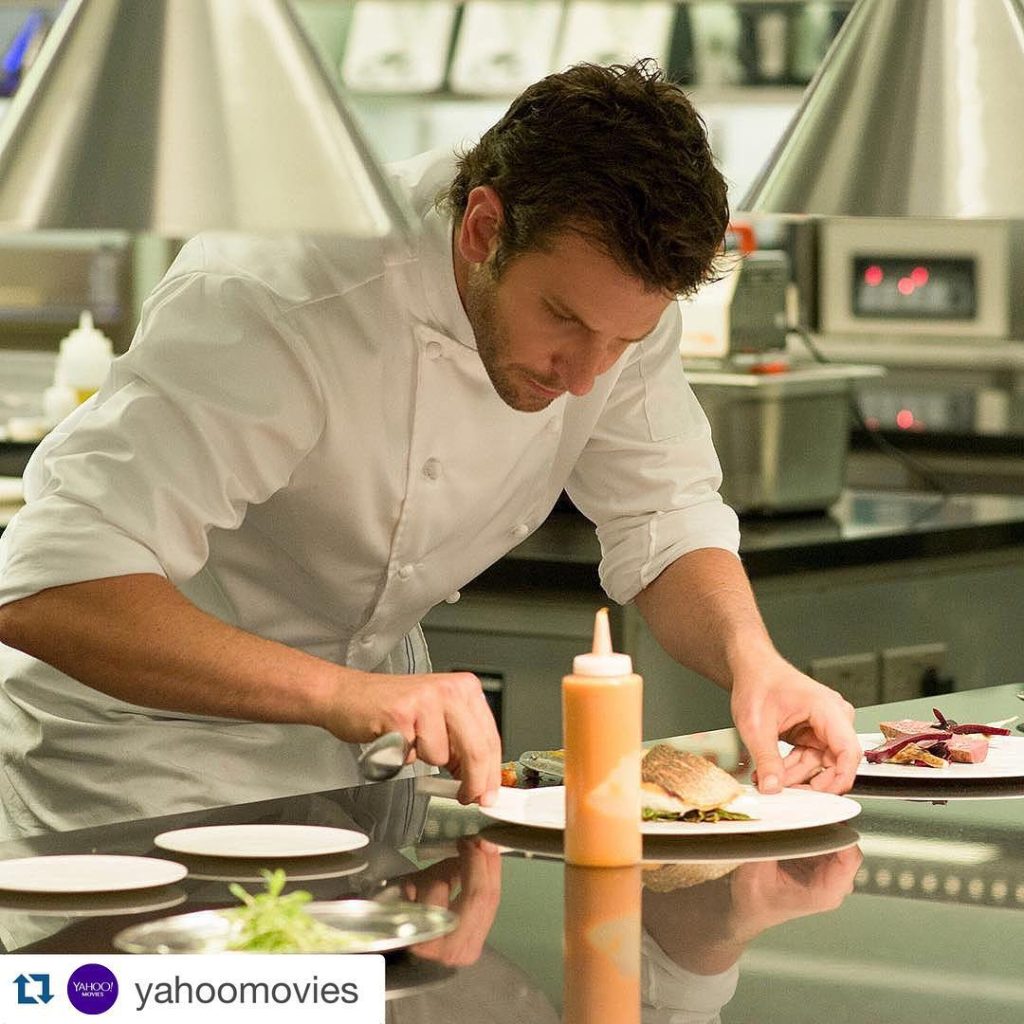
Photo: Instagram burnt_movie
A Thrilling Exploration of Fine Dining, Criticism, and Personal Transformation
Another notable film is the thrilling “The Menu” from 2022. A young couple travels to a remote island to dine at an upscale restaurant. Chef Slowik, already having achieved everything in his profession, settles on this secluded island to devote himself to his passion for perfecting new recipes. The intensity and serenity with which the dishes are served are spine-chilling. The guests who visit this place or come to see the chef are not random visitors. In this film, the chef’s burnt-out genius and the criticism of mindless consumerism have their (SPOILER) explosive finale. Instead of beautiful and profound descriptions of dishes, we are presented with stories about a dysfunctional family and confessions of abuse towards a subordinate. The character dynamics serve as a critique aimed at the world of fine dining and the misconception of perfection. It touches on the sick appetite for fame and the loneliness that comes with being on top. It also explores the notion of forgetting one’s own definition of happiness and fulfillment (as we all have one).
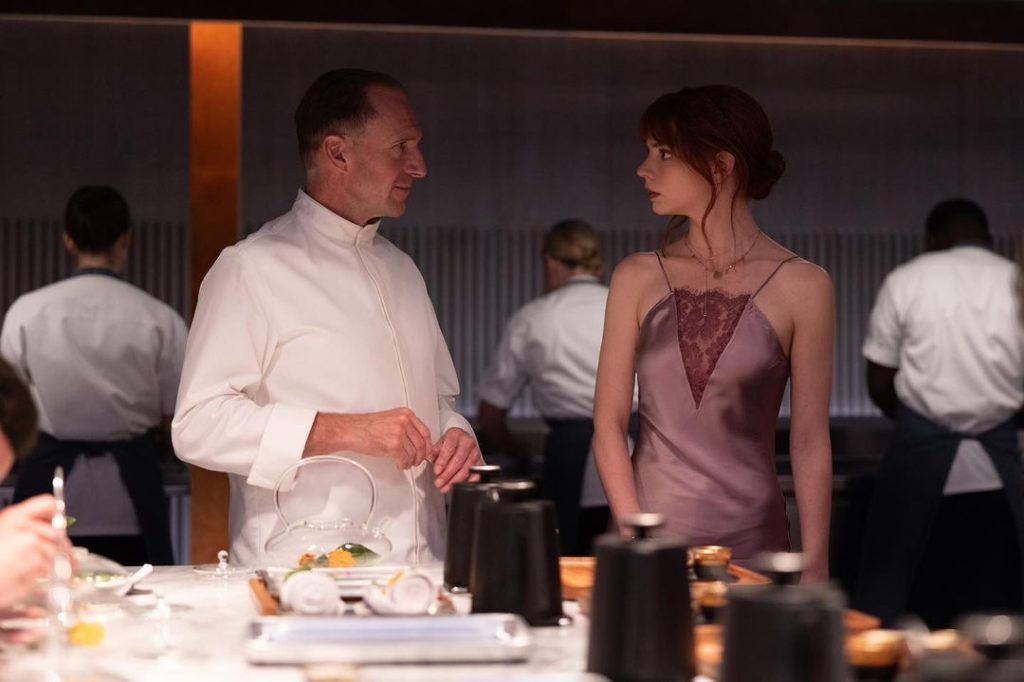
Photo: Instagram themenufilm
Gritty Reality of a Chef’s Life and Struggles
Now let’s focus on my favorite, the series “The Bear”, currently available on the Disney+ streaming platform. Who’s in the spotlight here? A young and talented chef who had to leave a prestigious (mobbing) restaurant and return to his hometown of Chicago. At his late brother Carma’s sandwich bar, emotionally blocked and battling his demons, he cooks and tries to survive while dealing with his grief. He becomes entangled in a web of problems he inherited with the boon of inventory. Honesty and directness are the basic elements of this production. There is also a female character who in the first season (I haven’t seen the second one yet) is not with the main character (the lack of sexual tension is nice), and she strives to achieve “SOMETHING MORE”. We witness ordinary, everyday life that does not focus on fame, but revolves around young people struggling with challenges. Dirty hoods, fires and a crew that defies traditional kitchen standards fill the scene. The battle is fought on many fronts.
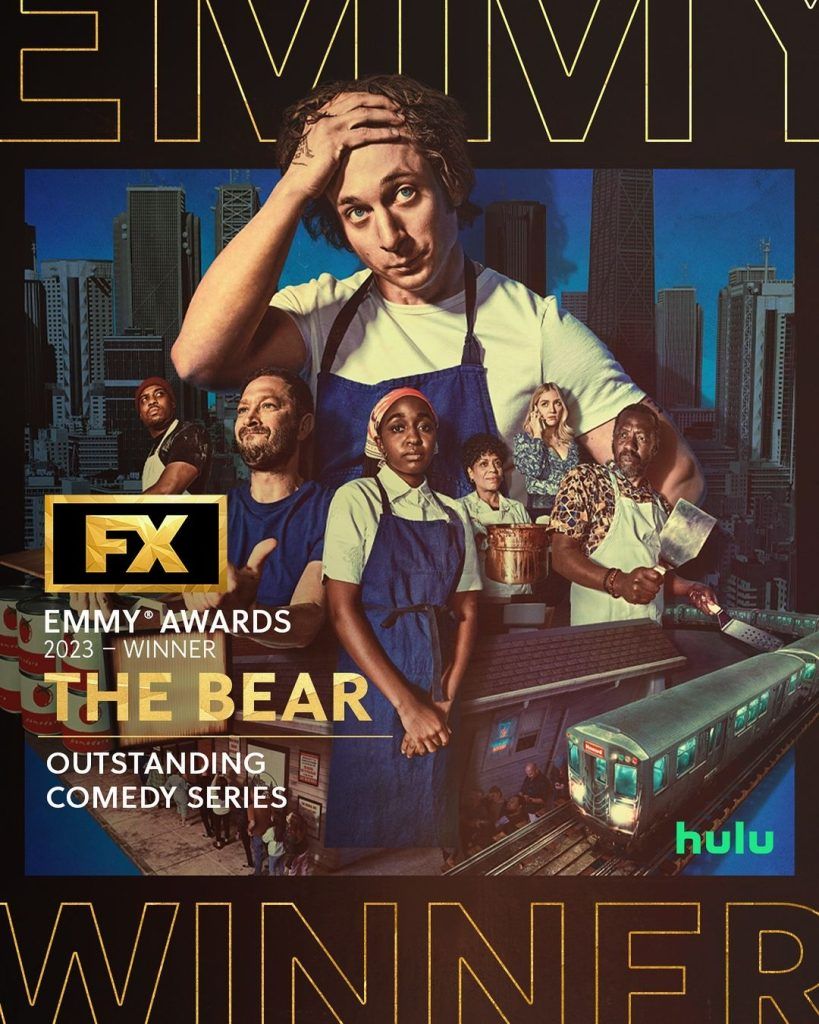
Photo: Instagram thebearfx
Pop culture has developed a strong fascination with gastronomy. People eagerly indulge in watching the struggles of chefs, rivalries, and competitions. The realm of gastronomy is vast, and fine dining encompasses various disciplines, including art. Hence, it is advantageous that the chef’s profession and the life of restaurants undergo scrutiny through the lens of cameras. However, films predominantly serve as reactions to events and seldom portray new behavioral patterns. It may take some time before we witness chefs managing restaurants with respect, imparting their knowledge to employees with passion.No dirty noses or empty glasses in the background. Nevertheless, there is a gradual shift occurring, instilling hope for the future.
https://www.imdb.com/title/tt2503944/


